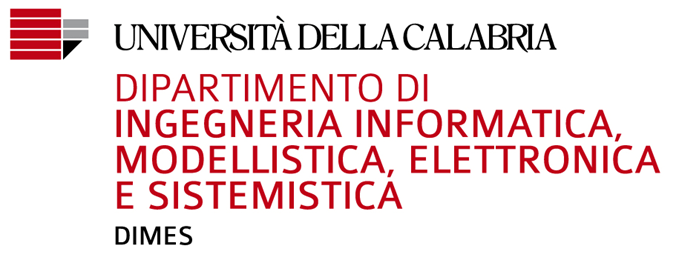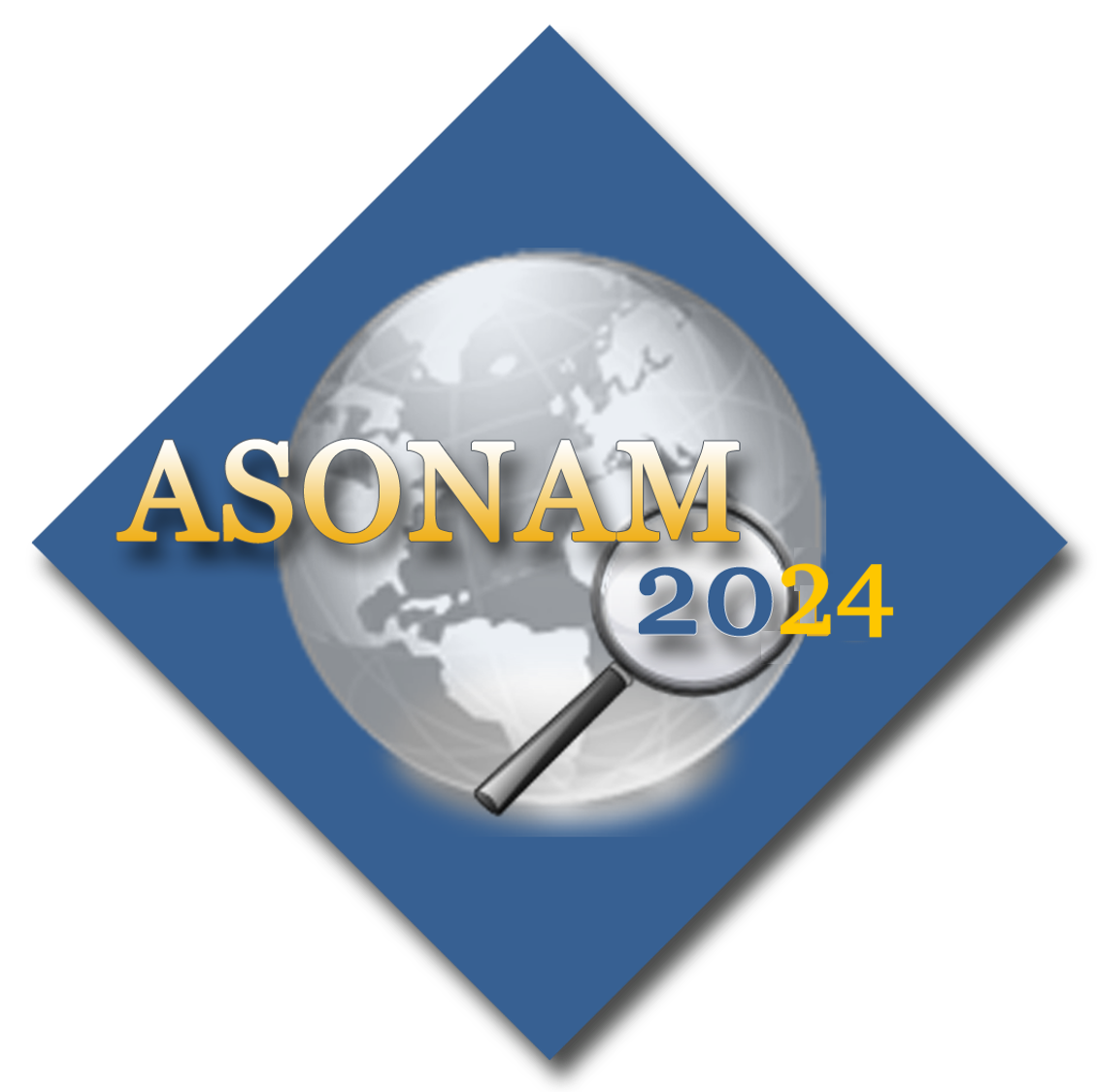Information and Public Discourse in the Digital Era: Exploring Challenges, Complexity, and Societal Ramifications
Abstract
In today’s hyper-connected digital landscape, the dissemination and consumption of information have undergone transformative shifts, influencing our perception, understanding, and engagement with critical global challenges such as the climate crisis and the COVID-19 pandemic. Social media platforms have risen as primary channels for news and information, shaping public opinion and discourse on these pressing issues. The digital ecosystem may also exacerbate current societal challenges, such as the prevalence of misinformation and phenomena of polarization. This keynote will draw on extensive data- driven analyses from social media platforms to delve deep into the complexities of the digital information ecosystem. It will also underscore the crucial role of interdisciplinary approaches in mapping and understanding the ever-evolving information landscape and its societal impact.
Machine Learning for Social Good: Algorithmic & Data Challenges when working with Vulnerable Populations
Abstract
The scale, reach, and real-time nature of the Internet is opening new frontiers for better serving humanity, and particularly for a deeper understanding of the vulnerabilities in our societies, including inequalities and fragility in the face of a changing world. Vulnerable populations including children, elderly, racial or ethnic minorities, socioeconomically disadvantaged, underinsured, or those with certain medical conditions, are often absent in commonly used data sources. The aim of this talk will be to shed light on data and algorithmic biases, as well as methodological particulars when addressing vulnerable populations, drawing insights from case studies in response to real humanitarian crises.
The Limitations of Data, ML & Us
Abstract
Machine learning (ML), particularly deep learning, is being used everywhere. However, not always is used well, ethically and scientifically. In this talk we first do a deep dive in the limitations of supervised ML and data, its key component. We cover small data, datification, bias, predictive optimization issues, evaluating success instead of harm, and pseudoscience, among other problems. The second part is about our own limitations using ML, including different types of human incompetence: cognitive biases, unethical applications, no administrative competence, copyright violations, misinformation, and the impact on mental health. In the final part we discuss regulation on the use of AI and responsible AI principles, that can mitigate the problems outlined above.
Finding niches and connectors in networks: methods and applications
Abstract
Suppose in a social network we know some sources of misinformation, as well as authoritative information sources: how can we exploit this knowledge to identify polarization niches? Similarly, suppose we have a set of users that have clicked on a specific ad: to which other users shall we show the same ad, driven by the principle of homophily? Given a set of patients infected with a viral disease, which other people should we monitor? Each of these questions can be modeled as a very general type of graph-query problems in which we are given some interesting nodes and we want to use this information to drive the search for interesting structures in networks. In this talk we will provide an overview of this very general class of problems, introducing several variants with their algorithmic solutions, as well as several applications in social network analysis and other domains.




